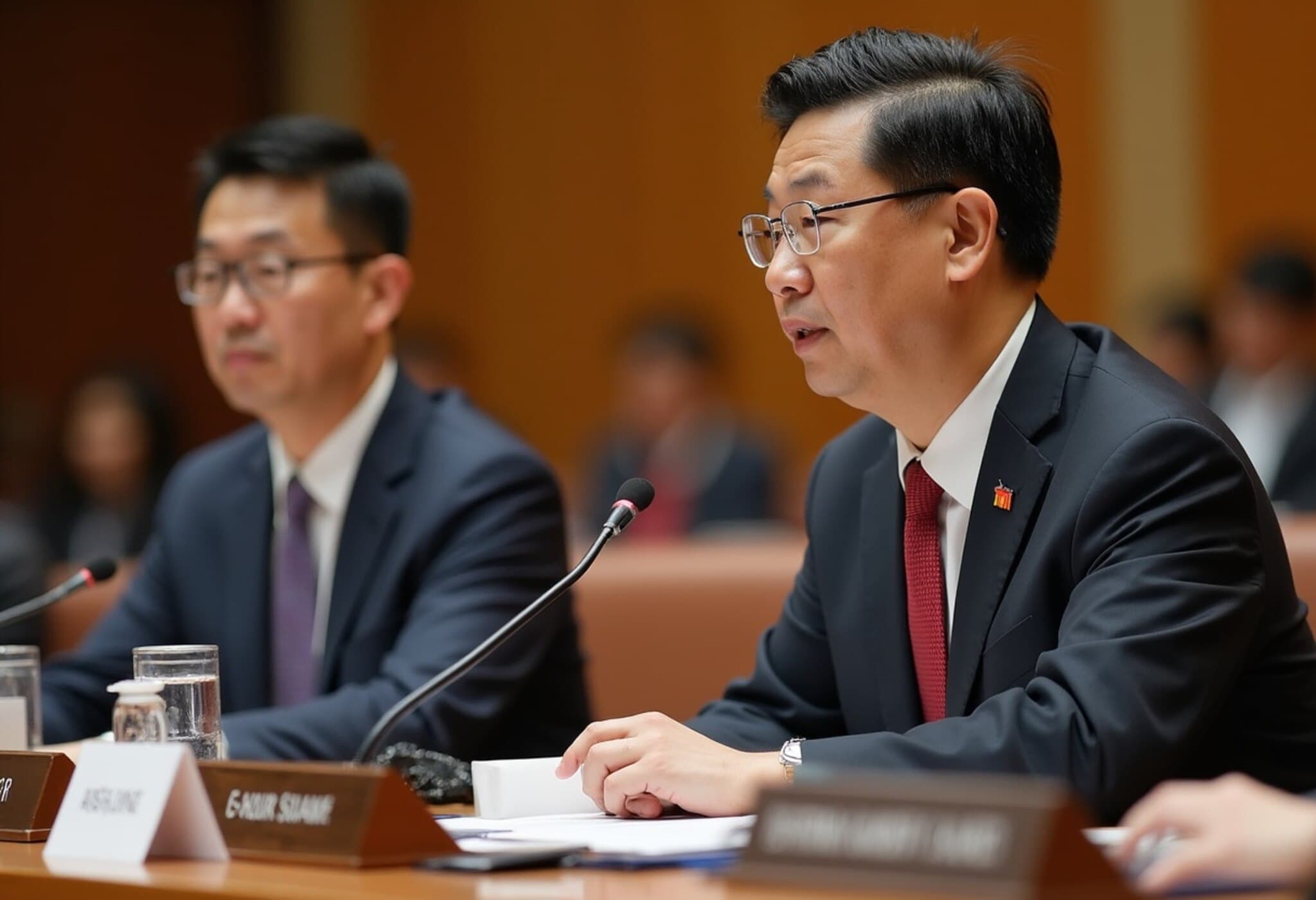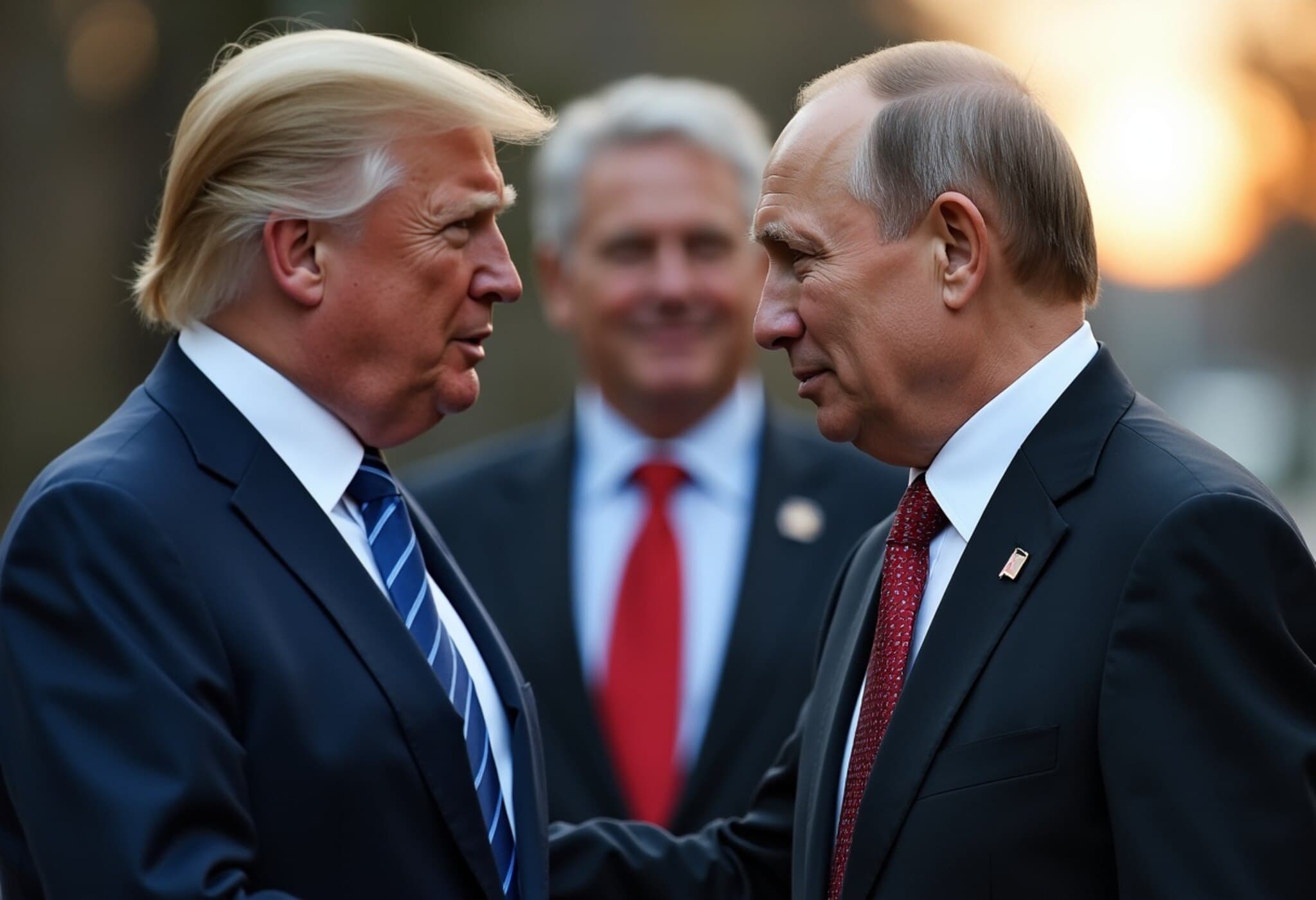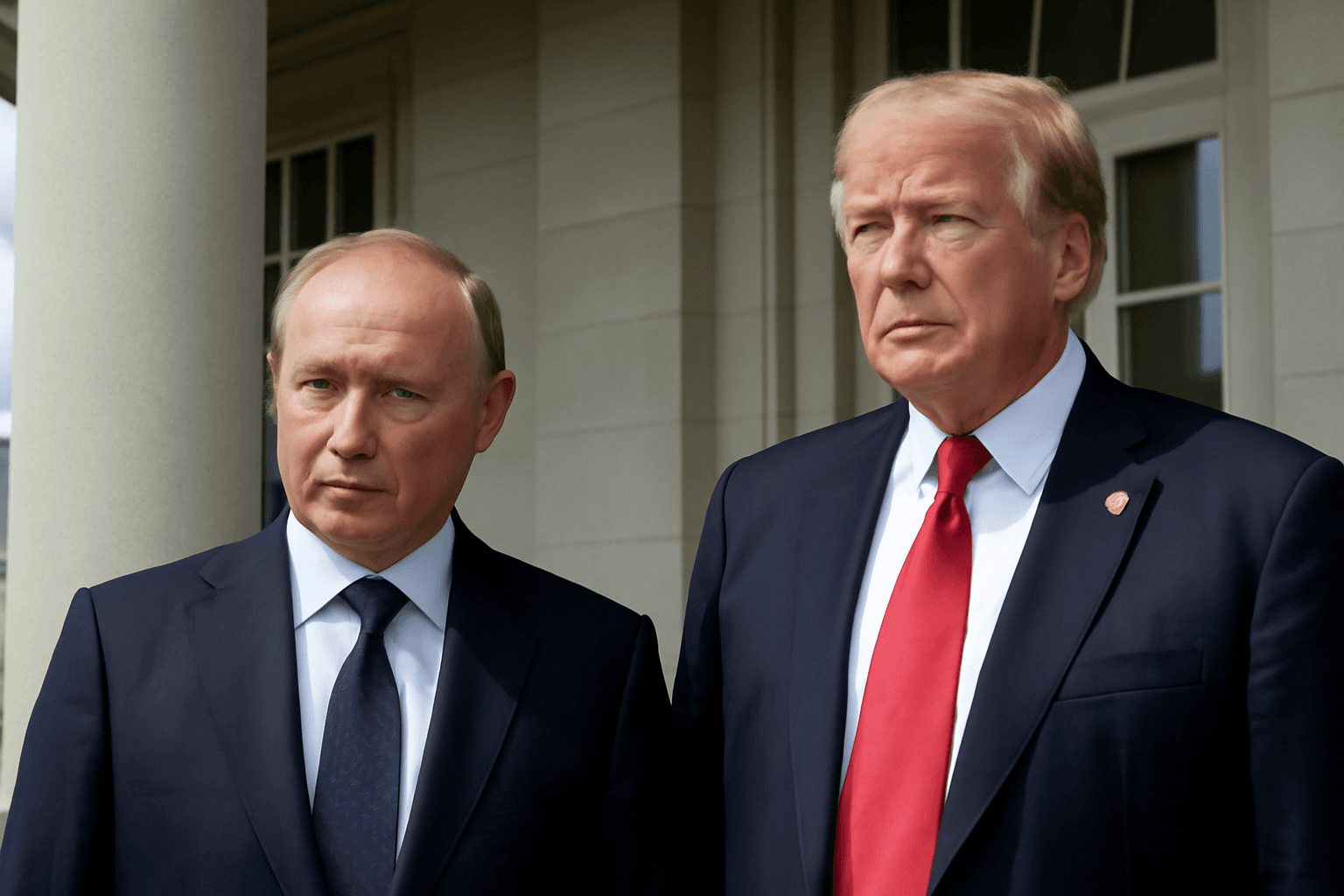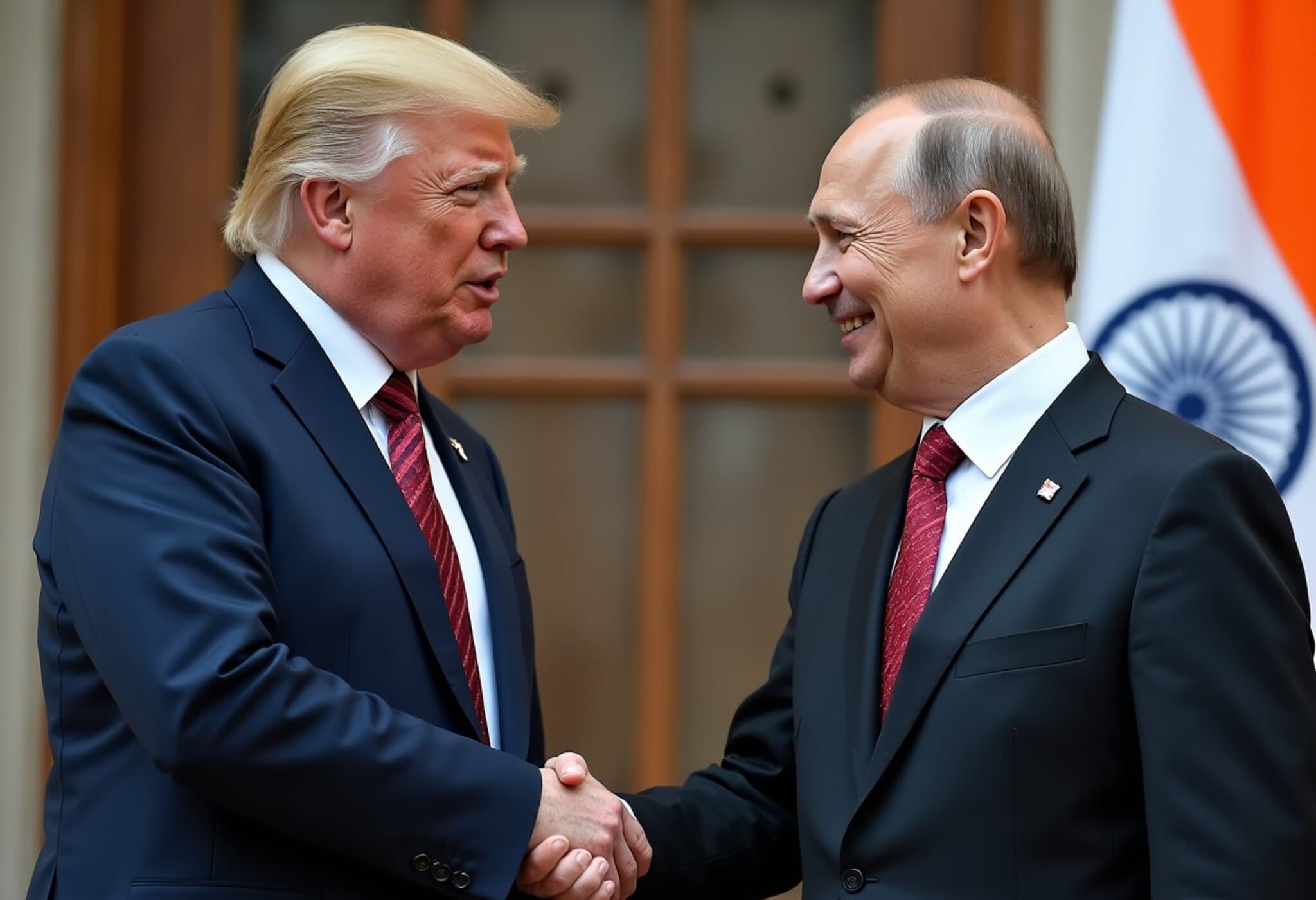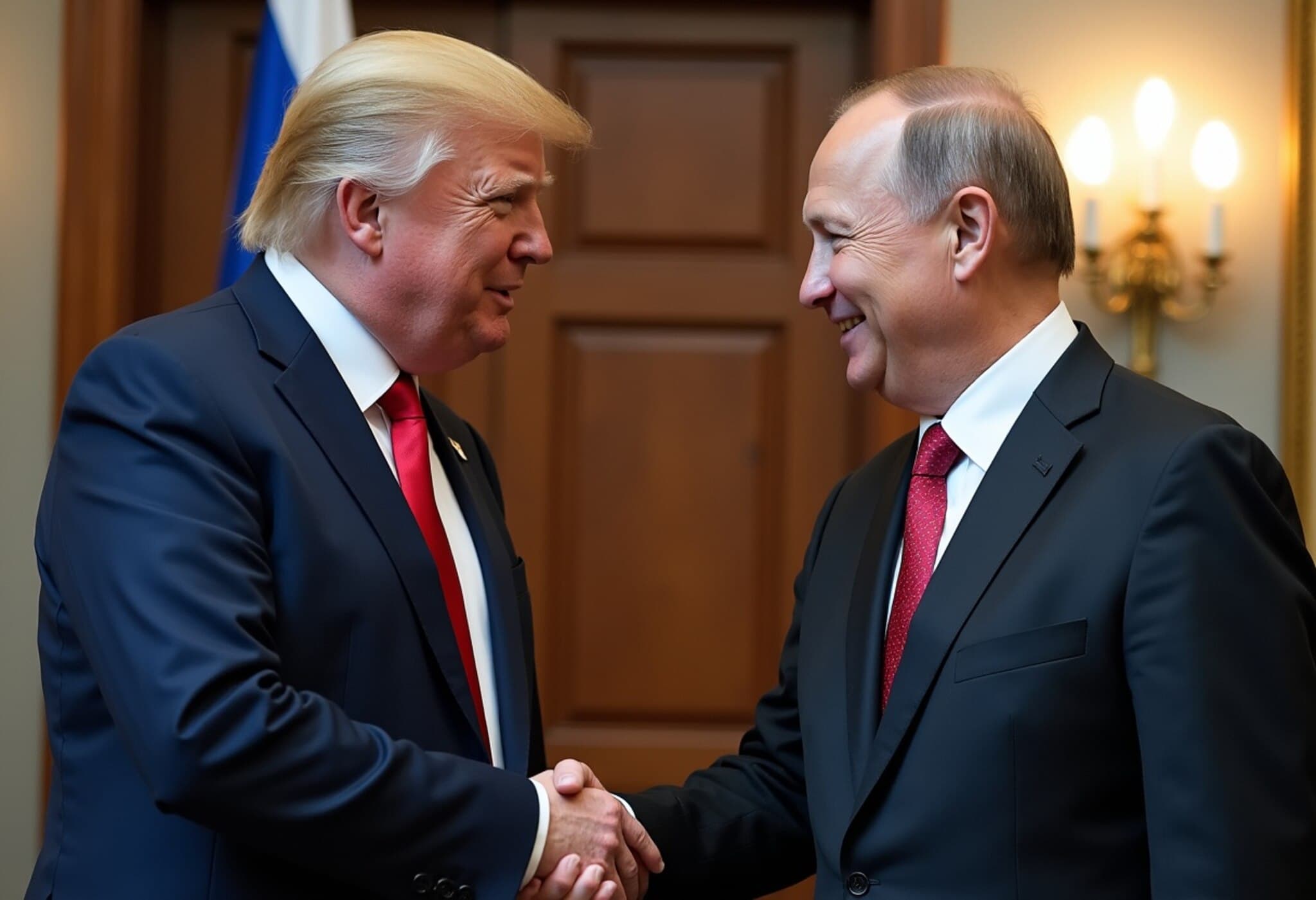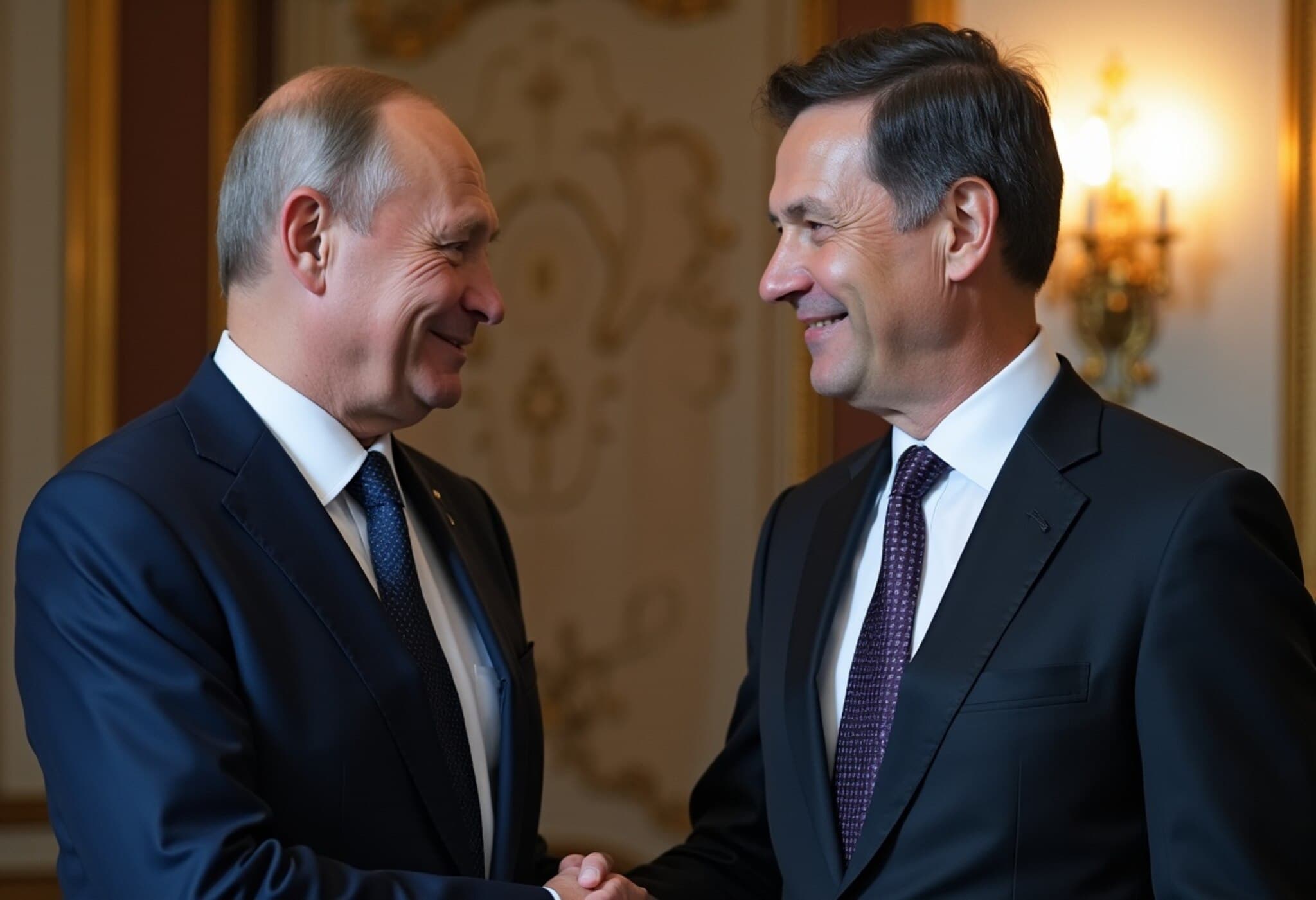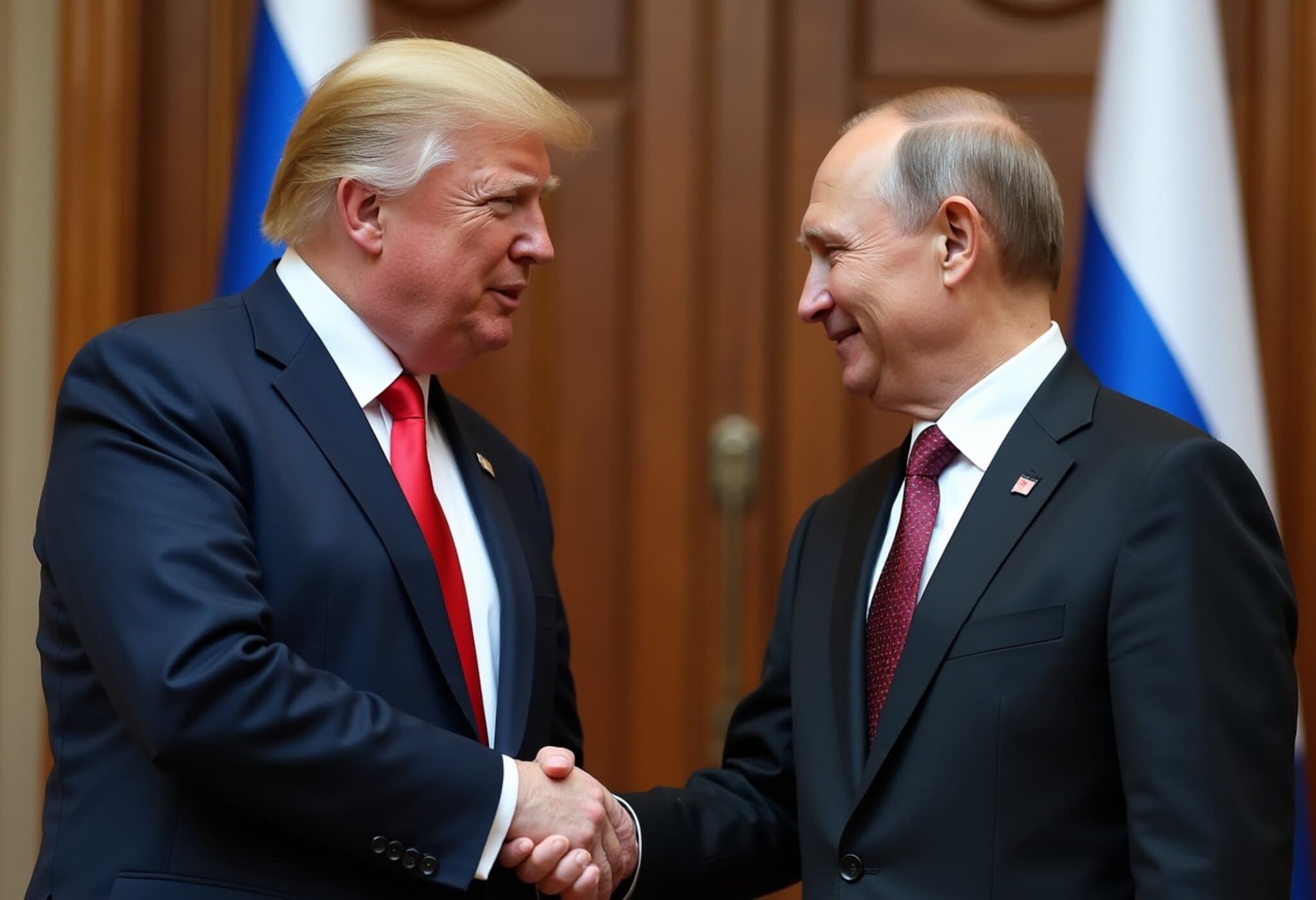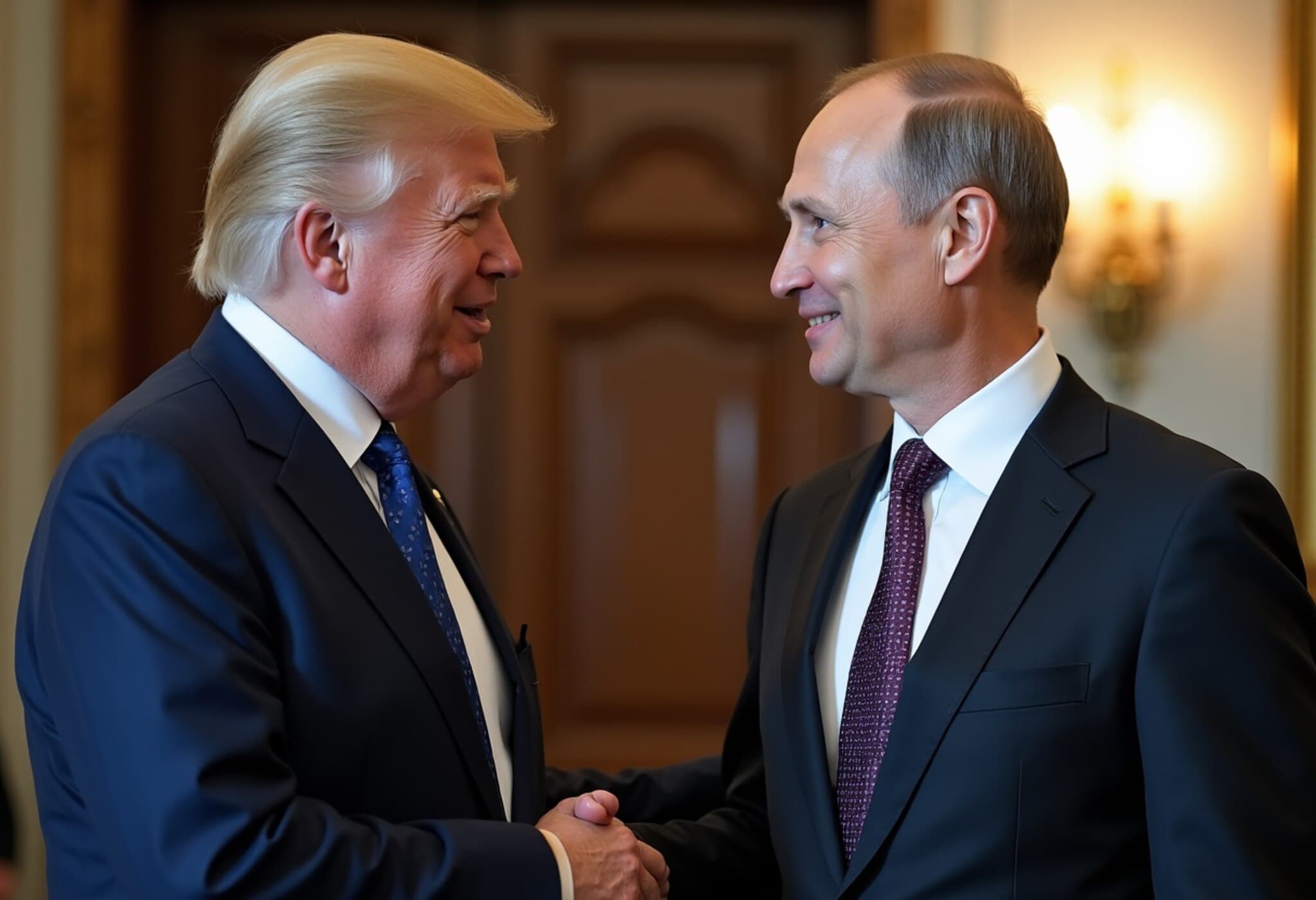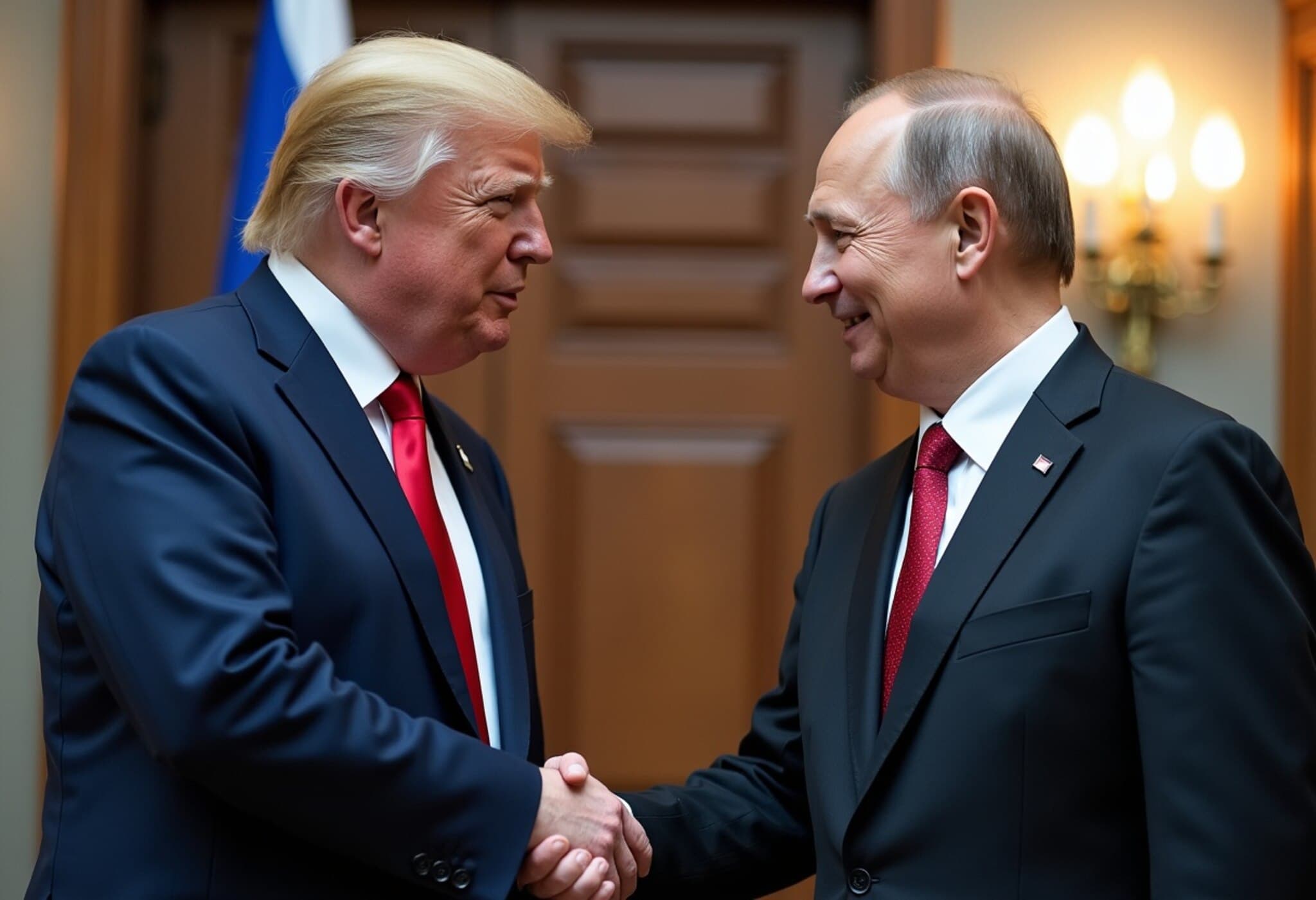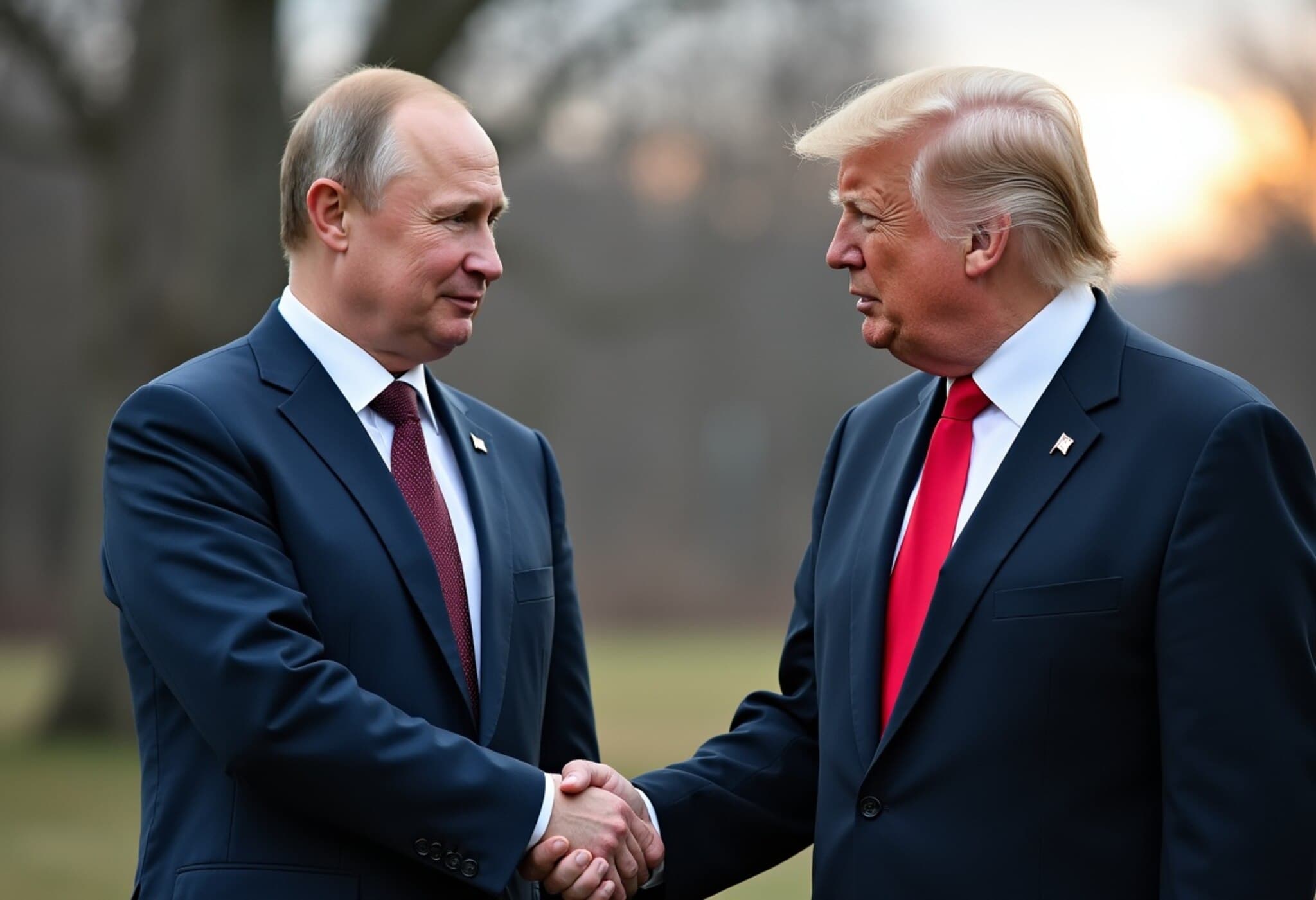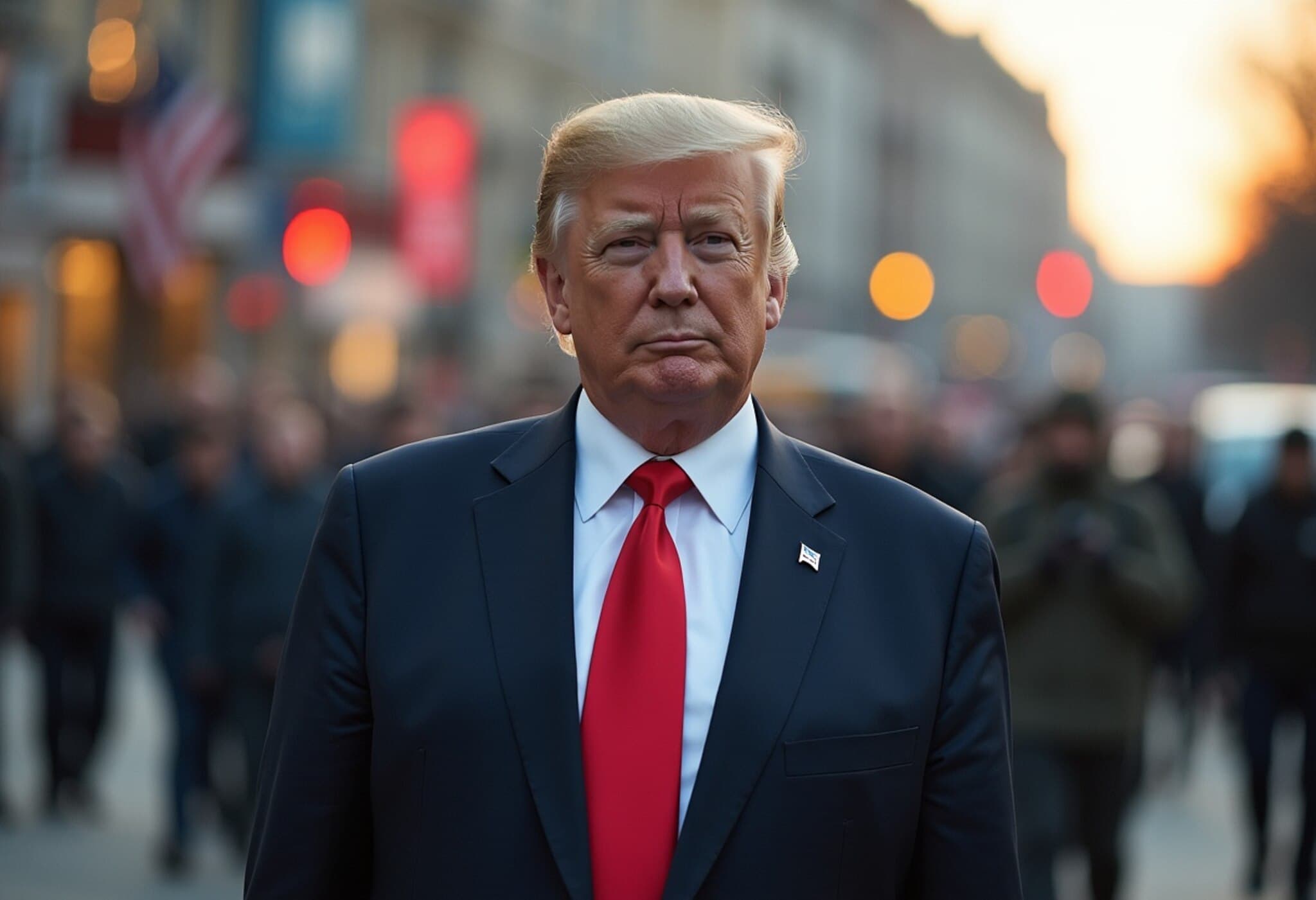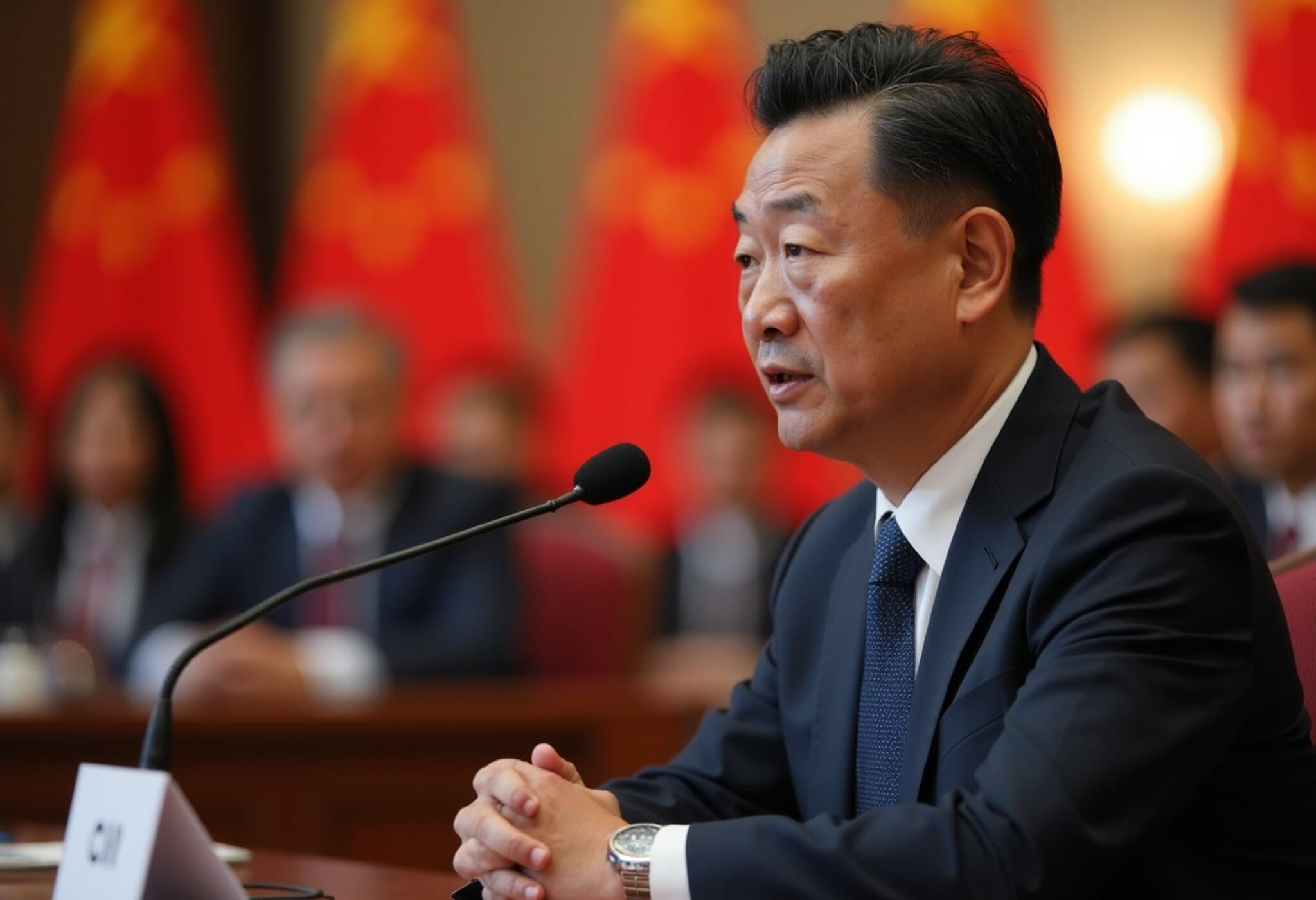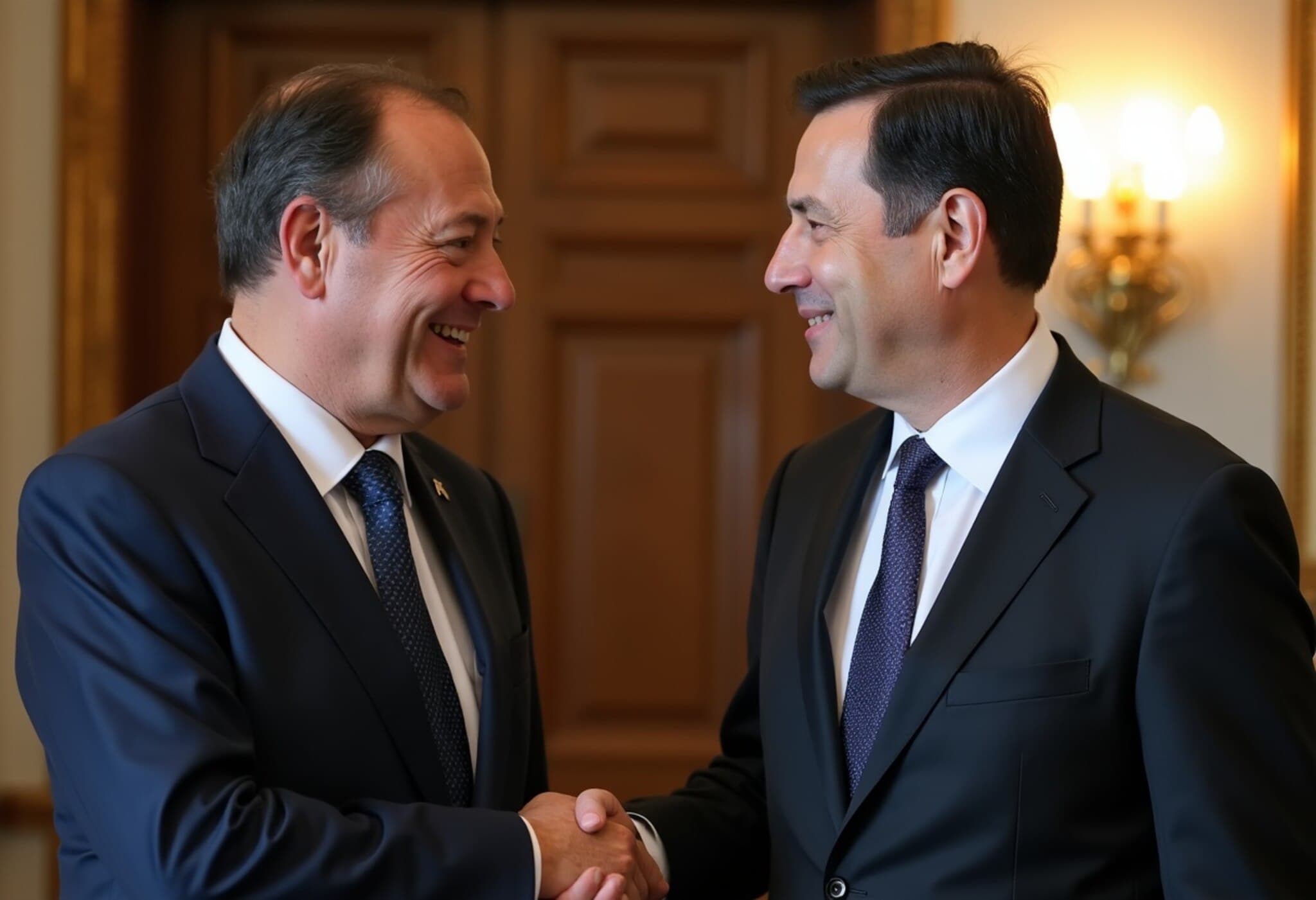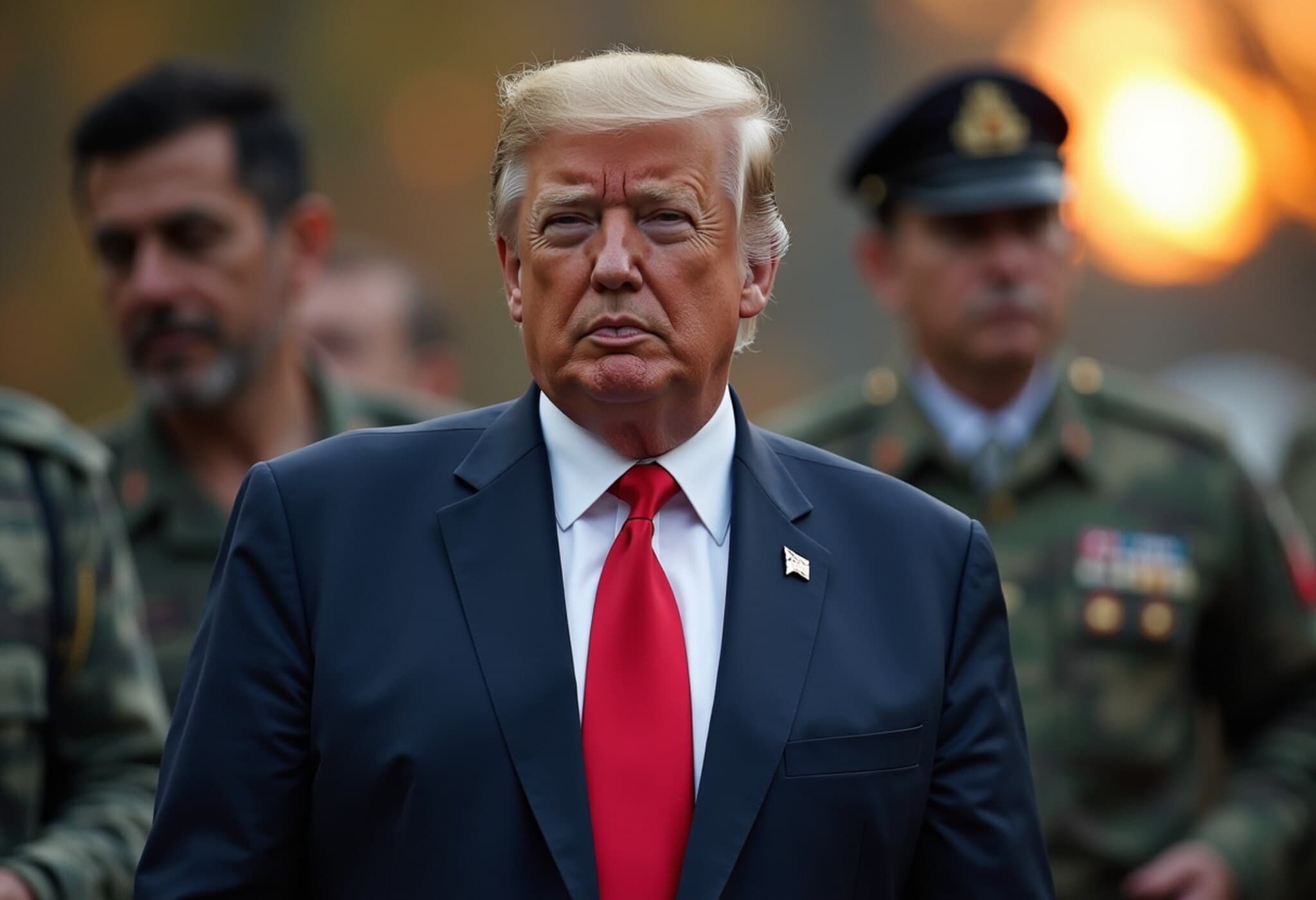China Challenges US Sanctions Policy on Russia at UN
In a recent session at the United Nations Security Council (UNSC), China’s Deputy Permanent Representative, Geng Shuang, sharply criticized the United States for its seemingly contradictory approach toward trade with Russia amid the ongoing Ukraine conflict. Highlighting what he termed as a double standard, Geng questioned why Washington continues commercial ties with Moscow while penalizing other nations for the same.
Accusing the US of Double Standards
Addressing representatives at the UNSC meeting, Geng pointed out that although the US imposes tariffs and restrains nations like China over their trade dealings with Russia, the US itself maintains active trade relations with Moscow, including continued oil purchases. "Why is it acceptable for the US to trade with Russia but not for others? Is this not a case of 'only allowing oneself to set fires while forbidding others to light lamps?'" Geng remarked emphatically, underscoring frustration over what China perceives as Western hypocrisy.
Clarifying China’s Position on Ukraine
Following the session, Geng reiterated to the press that China is neither responsible for causing the Ukraine crisis nor is it a participant in the conflict. He firmly denied claims that China supplies lethal weaponry to any party involved, emphasizing strict controls over dual-use technologies such as drones. "China has consistently complied with international laws, maintaining normal trade relations with both Russia and Ukraine without violating any sanctions or obligations," he stated.
Calls for Fairness and Constructive Engagement
Geng also warned against using China as a scapegoat while simultaneously seeking its cooperation to mediate the conflict’s resolution. He noted, "The Ukraine crisis is at a delicate stage with real possibilities for political settlement. The US should refrain from smear campaigns and pressure tactics that undermine multilateral diplomacy." His comments came amid growing tensions over sanctions enforcement, especially after US officials hinted at imposing heavier tariffs on countries continuing energy imports from Russia — a situation that has also drawn scrutiny towards other nations like India.
Expert Analysis: Implications for Global Trade and Diplomacy
The US-China-Russia triangle reveals complex geopolitical and economic challenges ahead. From an American policy standpoint, balancing punitive measures against Russia with strategic interests, including energy security and maintaining alliances, requires nuanced diplomacy. China's vocal criticism sheds light on broader questions about the effectiveness and fairness of sanctions as foreign policy tools.
Trade experts argue that unilateral sanctions, especially when perceived as unevenly applied, risk fracturing international consensus and encouraging alternative trade partnerships outside Western frameworks, potentially weakening the global economic order.
Moreover, the dialogue at the UN highlights a critical need for transparent, multilateral approaches to managing conflicts and sanctions that respect sovereign trade rights while pursuing peace and stability.
Underreported Angles
- The economic ripple effects on global energy markets stemming from divergent sanction compliance.
- The diplomatic tightrope nations like China and India walk in balancing trade interests with geopolitical pressures.
- The long-term impact on US credibility and leadership in international economic governance when accusations of double standards surface.
Looking Ahead
As diplomatic tussles continue at institutions like the UN, the global community watches keenly how Washington, Beijing, and Moscow navigate these intertwined economic and political challenges. Will there be a recalibration toward more equitable and pragmatic engagement, or will entrenched positions deepen divisions?
Editor’s Note:
This episode underscores the complexities of enforcing sanctions in a multipolar world where economic interdependence clashes with geopolitical agendas. Readers are encouraged to consider how these dynamics affect not only international relations but also everyday economic realities worldwide. What mechanisms could ensure more consistent and just application of trade policies, and what roles should global institutions play to facilitate peaceful conflict resolution?

